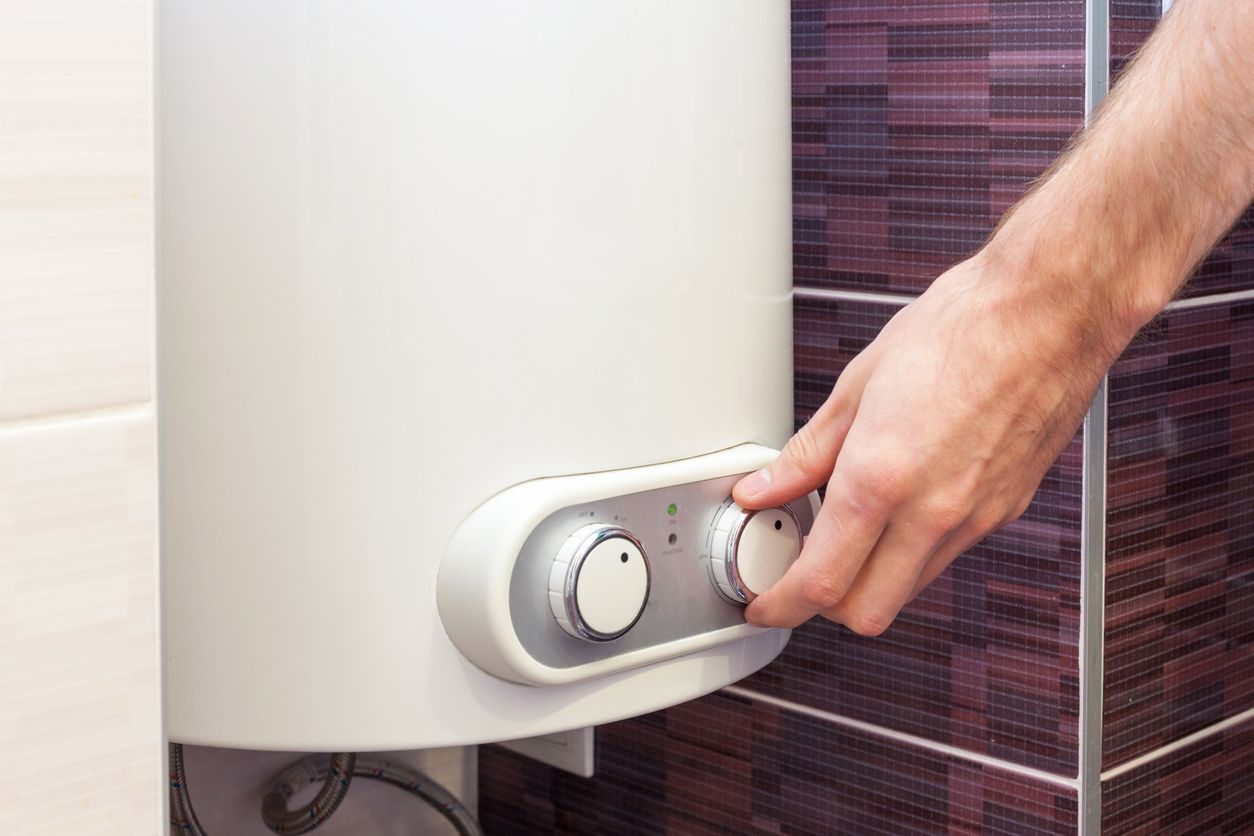Handling the Most Prevalent Heater Urgent Issues
Handling the Most Prevalent Heater Urgent Issues
Blog Article
We have stumbled on this post on Is Your Water Heater Leaking? directly below on the internet and believe it made good sense to share it with you on my blog.

A water heater is one of the most important basic appliances that can be found in a home. With water heaters, you don't need to experience the anxiety of home heating water by hand whenever there is a requirement to take a bath, wash, or the recipes. Nevertheless, there is always an opportunity that your water heater would act up as with many mechanical devices.
It is essential to keep in mind any little breakdown as well as tackle it rapidly before things get out of hand. The majority of times, your water heater starts to malfunction when there is a build-up of debris as a result of constant usage. As a preventative measure, regular flushing of your water heater is advised to prevent sediment buildup and protect against practical failure.
Usual hot water heater emergency situations and also just how to manage them
Leaky hot water heater storage tank.
In this circumstance, you must turn off your water heating system, enable it to cool down, and also carefully look for the resource of the problem. At times, all you require to do is to tighten a few screws or pipe links in cases of small leaks. If this does not function as well as the leakage lingers, you may need to use the services of a service technician for an appropriate replacement.
Changing water temperature.
Your water heating system can start producing water of various temperatures generally ice scalding or cool warm. There may be a demand to replace either the thermostat or the home heating device of your water heater.
Inadequate hot water
It might be that the water heater can not sustain the hot water need for your apartment or condo. You might upgrade your water heating system to one with a larger ability.
Tarnished or stinky water
When this takes place, you require to understand if the issue is from the water or the tank source. If there is no amusing smell when you run chilly water, after that you are particular that it is your water heating unit that is damaged. The stinky water can be created by rust or the accumulation of microorganisms or sediments in the water heating unit storage tank.
Final thought
Some homeowners overlook little caution and minor faults in their hot water heater unit. This only results in further damage as well as a feasible total failure of your device. You ought to deal with your water heater faults as quickly as they come up to prevent even more expenses as well as unneeded emergency difficulties.
With water heating systems, you do not require to go with the stress and anxiety of heating water manually every time there is a demand to take a bath, do the laundry, or the recipes. Your water heating unit might begin generating water of different temperatures usually ice scalding or chilly warm. It may be that the water heater can not support the hot water need for your house. If there is no amusing odor when you run cool water, after that you are specific that it is your water heating unit that is defective. The stinky water can be triggered by corrosion or the accumulation of germs or debris in the water heating system tank.
Common Water Heater Issues and What You Should Do
What Type of Water Heater Do You Have?
Before we begin it’s first important that you identify the type of water heater you have on your property. There are two main types of water heaters out there: conventional and high efficiency.
Both of these types of products typically use either gas or electricity to heat power. There are also solar water heaters that use a thermal collector on the roof or yard to heat the water.
While these models are not as common, they can cut heating costs in half. In this article, we will focus on conventional and high efficiency.
How Do My Electric and Gas Water Heater Work?
Though they look similar, electric and gas water heaters work very differently. It’s important to know their basic function because often problems can be specific to the heating source.
In the electric model, a thermostat on the side of the machine detects the temperature of the water in the tank. When the temperature needs to rise electricity flows to a heating element suspended in the water.
Gas models also use a thermostat device — typically with a mercury sensor at the tip and an additional sensor called a thermocouple. The thermocouple detects whether the pilot light is on and controls the flow of gas.
When the thermostat drops below the appropriate level gas is released which becomes ignited by the pilot light. The flame heats the bottom of the water tank which causes hot water to rise and cold water to drop.
This natural circulation continues until the water reaches the desired temperature. Then, the thermostat triggers the gas control valve to shut off the flow of gas.
What Are the Most Common Issues and How Do You Fix Them?
https://happyhiller.com/blog/common-water-heater-issues-and-what-you-should-do/

I came across that blog posting about Common Hot Water Heater Problems while surfing the web. Feel free to take the time to share this entry if you liked it. Kudos for your time. Visit again soon.
Call for unmatched plumbing expertise. Report this page